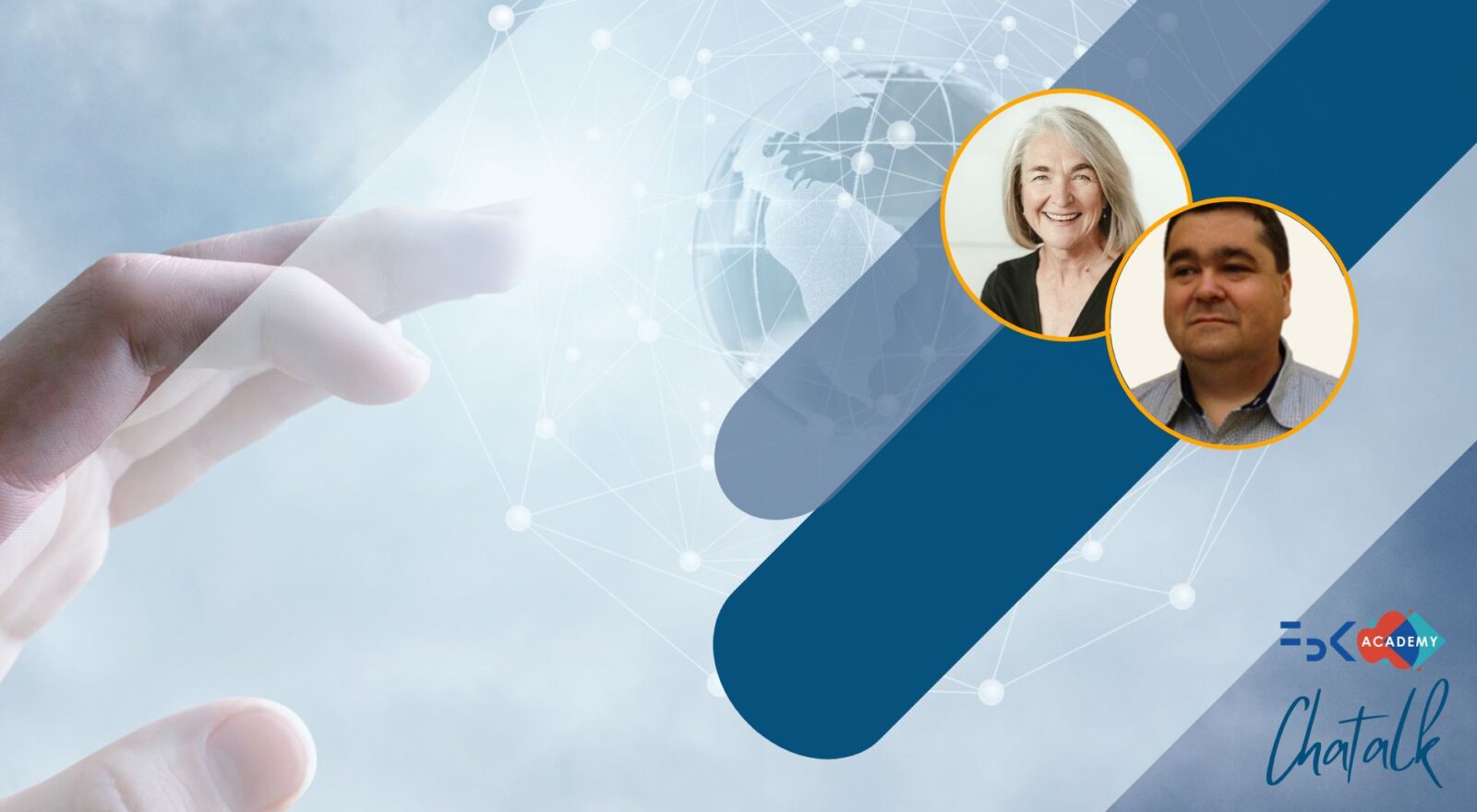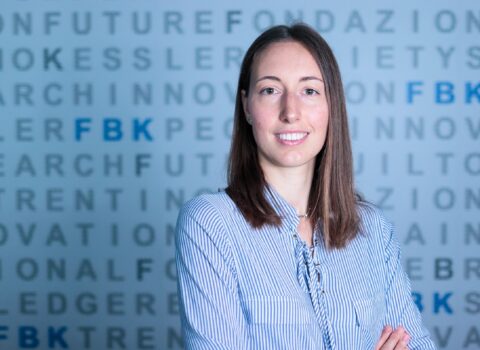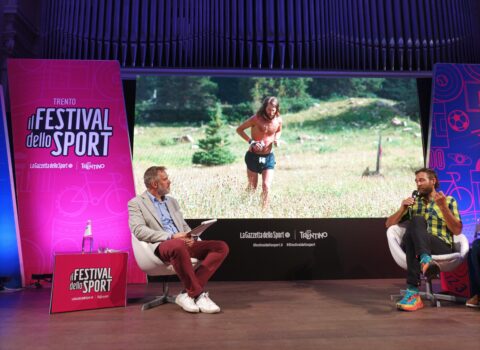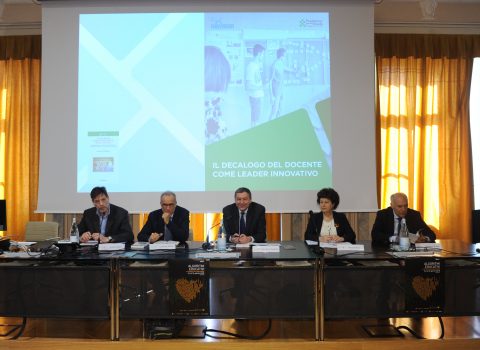Leadership in a context of scientific excellence
Fondazione Bruno Kessler is a research and knowledge production organization. By virtue of these identity characteristics, FBK decided to open 2024 with an inspirational talk on the topic of scientific leadership, dedicated to its staff.
innovation environments. The definition of leadership has evolved and changed considerably over the years, influenced by multiple historical, political and cultural factors. Three theories inspired by situational leadership, diffuse leadership and adaptive leadership are of special interest. The first suggests how leadership style should adapt to the situation and needs of employees (“Hersey-Blanchard Situational Leadership model“). The second, that has unfolded from the 2000s to the present, argues that leadership is not limited to one person, but can be distributed among members of a group or organization (Kouzes & Posner’s leadership model). Finally, the third assumes that leadership is neither an innate quality nor a personality trait, but rather a practice that can be learned (Adaptive Leadership, developed at Harvard University by Marty Linsky and Ronald Heifetz),
That being said, how can a research community grow and train leadership skills to foresee change and navigate it in an increasingly complex environment?
In recent years, Fondazione Bruno Kessler has successfully initiated an internal leadership development program, focusing first and foremost on coordination and leadership roles. But an organization equipped with skills and knowledge, to best evolve and foresee change, can certainly act on diffuse leadership in order to bring out talent. Innovative organizations need diverse leadership to collaborate, integrate, build trust and agility – a goal that should be pursued and coached regardless of organizational role.
“Excellence in context. Scientific leadership: creating conditions for clever people to do great research”
It is precisely with the chatalk by Geraldine Fitzpatrick (Emeritus Professor at the University of Vienna) who will be conversing with Richard Hall-Wilton (Director of the FBK Sensors & Devices Center) that FBK-Academy opens 2024 with a program that aims to “inspire and connect” its scientific community through the thermometer of organizational culture.
The goal is to create spaces for learning and sharing to foster individual development through scientific community connections and knowledge sharing, including between different generations. Multiple events are to be scheduled throughout the year where speakers and participants will discuss interdisciplinary topics to learn, exchange views, and create opportunities. The organization belongs to the people who live it and move it forward: this is why “learning communities” are essential containers of individual and collective potential, essential ingredients for meeting the challenges of economic and social transition.
We would like to conclude by quoting Marty Linsky: “the adaptive challenge is to translate some of the propulsive energy from individual leadership into a collective leadership movement with spillovers to the organization.”
_________________________________________________________________________________________________________
Authors: Luisa Rigoni and Silvia Tomasi, People Innovation for Research – FBK.



